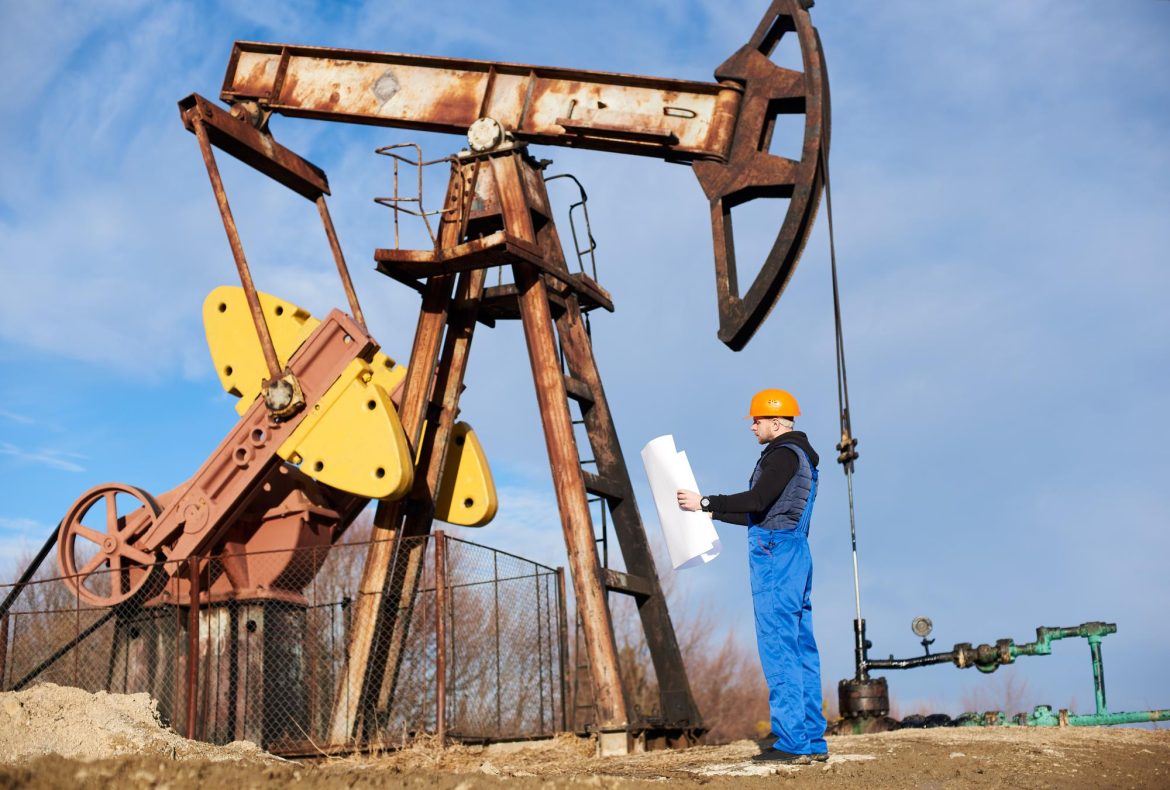Angola, one of Africa’s top oil-producing countries, is making strides towards developing its onshore oil reserves, which could boost its economy and reduce its dependence on offshore fields.
The country’s state-owned oil company, Sonangol, and its partner, Corcel, a UK-based firm, have announced positive results from their drilling campaign in the Kwanza Basin, an onshore region that has been largely neglected since the late 1990s.
The companies plan to test the Tobias-14 and Tobias-13 wells, which have encountered similar reservoir zones to the historic Tobias field, which reached peak production of 17,500 barrels per day (bpd) in the past. The wells are located on Block KON-11, which Corcel acquired a 20% stake in earlier this year.
Sonangol and Corcel believe the results will allow them to restart production via an early production system (EPS), which could provide near-term revenue generation for both companies. The wells also suggest that the reservoir has returned to original pressure levels and has no presence of water, indicating significant hydrocarbon potential remaining in the area.
The Kwanza Basin is one of the most prospective onshore regions in Angola, with an estimated 2.5 billion barrels of oil in place. However, the basin has been largely underexplored and underdeveloped due to the civil war that ravaged the country from 1975 to 2002, as well as the lack of infrastructure and security.
The Angolan government has been trying to revive the onshore oil sector by launching a new licensing round for 10 blocks in the Kwanza and Lower Congo basins, which closes on December 31. The round aims to attract new investors and technology to the onshore fields, which could benefit from lower costs and faster development than the offshore ones.
The onshore oil sector could also help Angola diversify its economy and create more jobs and opportunities for its population, which suffers from high poverty and unemployment rates. The country has been struggling to recover from the oil price crash of 2014, which caused a severe recession and a debt crisis.
The International Monetary Fund (IMF) has been supporting Angola’s economic reforms since 2018, which include improving fiscal management, enhancing governance and transparency, and promoting private sector development. The IMF expects Angola’s economy to grow by 0.4% in 2023, after contracting by 4% in 2022.
Angola’s oil industry is not only important for its development but also for the global energy transition. The country produces a light, sweet crude oil that is low in sulfur and suitable for refining into clean fuels. Angola is also exploring the potential of renewable energy sources, such as solar and wind, to complement its oil and gas production.
By investing in its onshore oil reserves, Angola is showing its commitment to providing sustainable and affordable energy for its people and the world. The country is also demonstrating its resilience and innovation in the face of challenges and opportunities.
Source: Energy Voice



